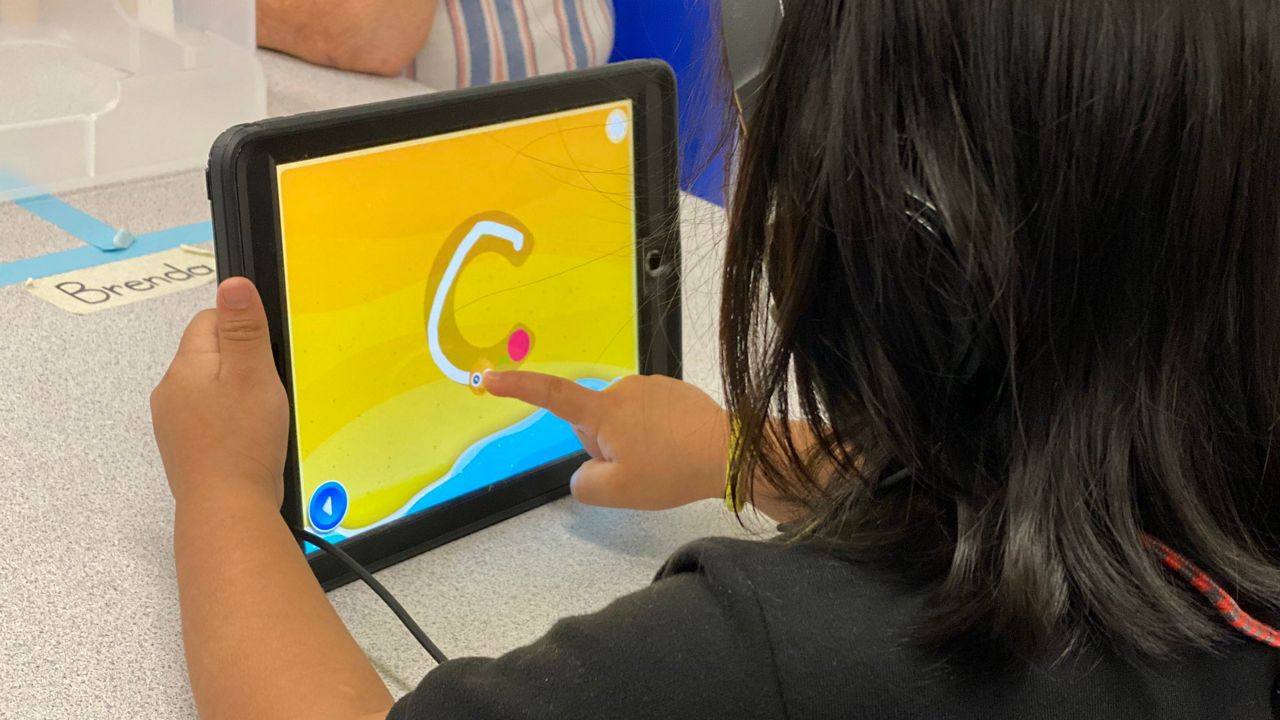FLORIDA — A Senate Bill has been filed in Tallahassee that would expand school choice and the use of tax dollars for private schools.
Supporters said it would give parents more say in how their children are educated, but opponents fear it could shift public schools toward a universal school-choice system.
The legislation (SB48), filed by Republican Sen. Manny Diaz of Hialeah, would expand eligibility for school voucher programs, consolidate existing school-choice programs and allow eligible students to use taxpayer-backed education savings accounts for private school tuition and other expenses such as tutoring, computers, and Internet access.
Diaz said in a written statement that this is an effort to free parents from a "one-size-fits-all" education system in Florida.
"Parents of all children, regardless of income, should be empowered to choose the educational environment that is best for their child," he said.
The proposal would expand the existing Family Empowerment Scholarship, which serves middle- and low-income students, by combining it with the Florida Tax Credit Scholarship.
It would also fold the Hope Scholarship program, which allows students who are being bullied to move to a different public school or use taxpayer funds to pay for a private school, into the Family Empowerment Scholarship.
Diaz's plan would consolidate five of the state's current school-voucher programs into two programs.
Organizations supporting the bill said it would make the school voucher system more "user-friendly."
"It's really pretty simple, making the programs easier for families to use and giving families more flexibility so that they can spend their money in ways that best meet their children's needs," said Doug Tuthill with Step Up for Students.
"COVID has really been highlighting what we've been saying all along, which is a top-down educational system is not the way to go," said Phillip Suderman, Policy Director with Americans for Prosperity-Florida. "As we see with the education savings accounts, the ability and flexibility for parents to be able to figure out and decide how to best spend this money to fit their child's educational requirements is really going to help individualize education here in Florida for these students and parents."
The Florida Education Association opposes the bill.
FEA President Andrew Spar said it "undercuts" public education.
Spar issued a statement that said "Parents want lawmakers to invest in and support public schools. This bill does the opposite and would drain away more resources from the schools that educate the great majority of the state's children."
During a caucus meeting this week, Senate Democrats vowed to fight the bill.
They fear it would shift Florida's public schools toward a universal school-choice model.
"This is a huge, huge problem that they're about to do this in a COVID year, with all the budget constraints," Sen. Shevrin Jones, D-West Park said.
If the bill becomes law, changes would take effect at the beginning of the 2021-2022 school year.



